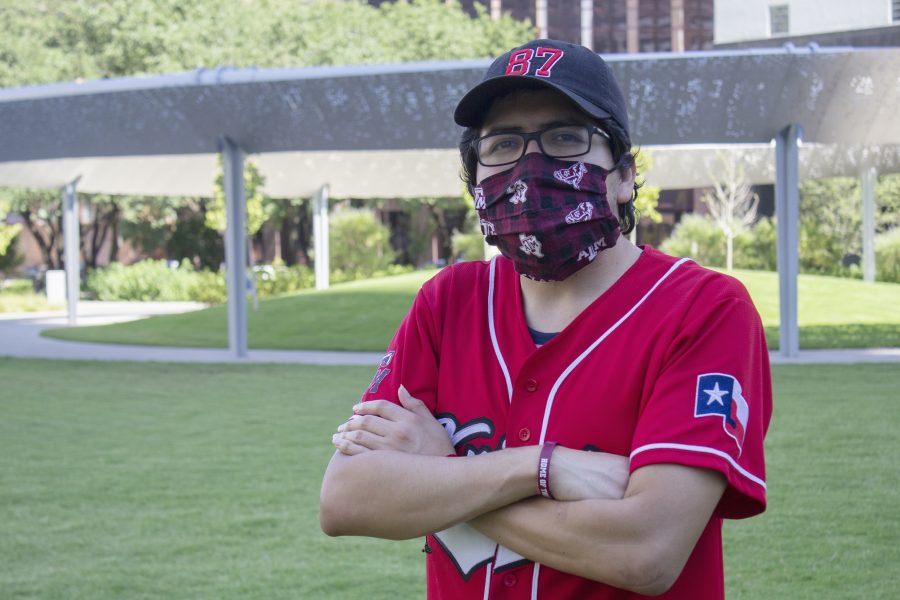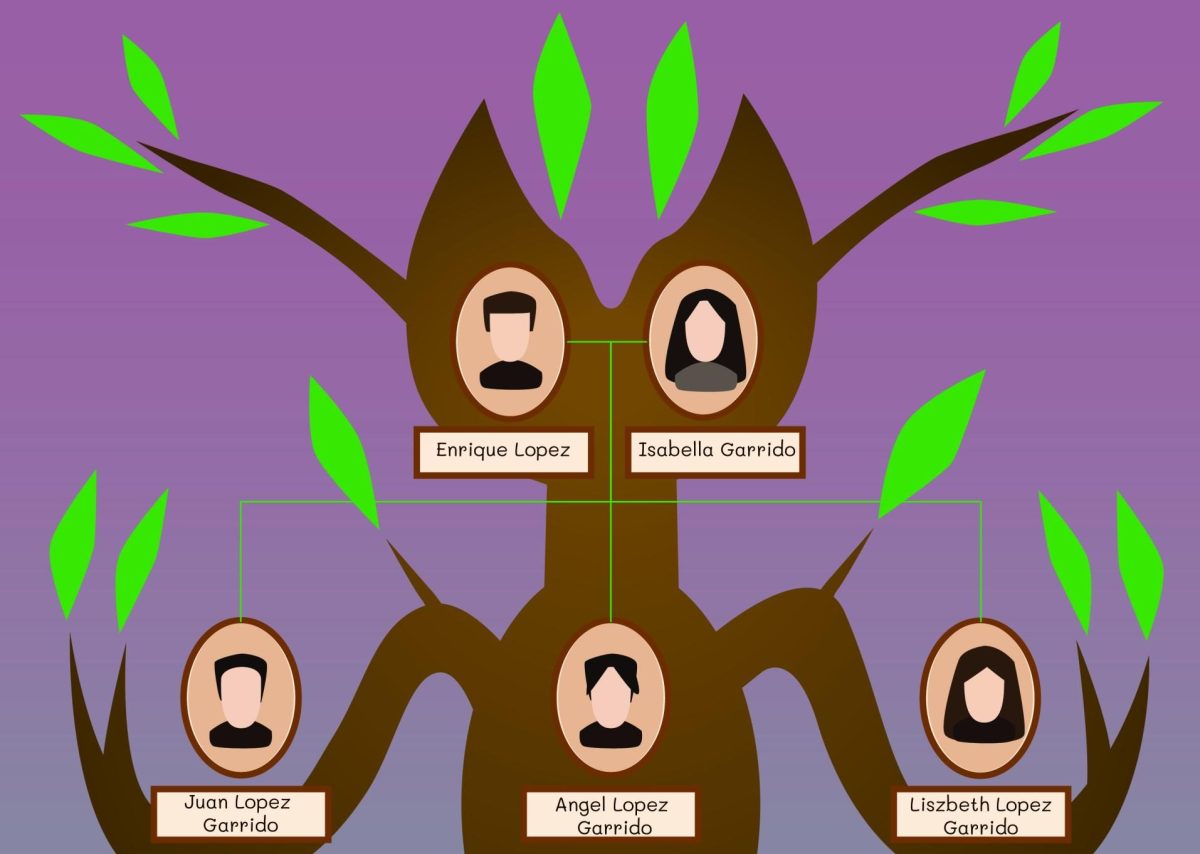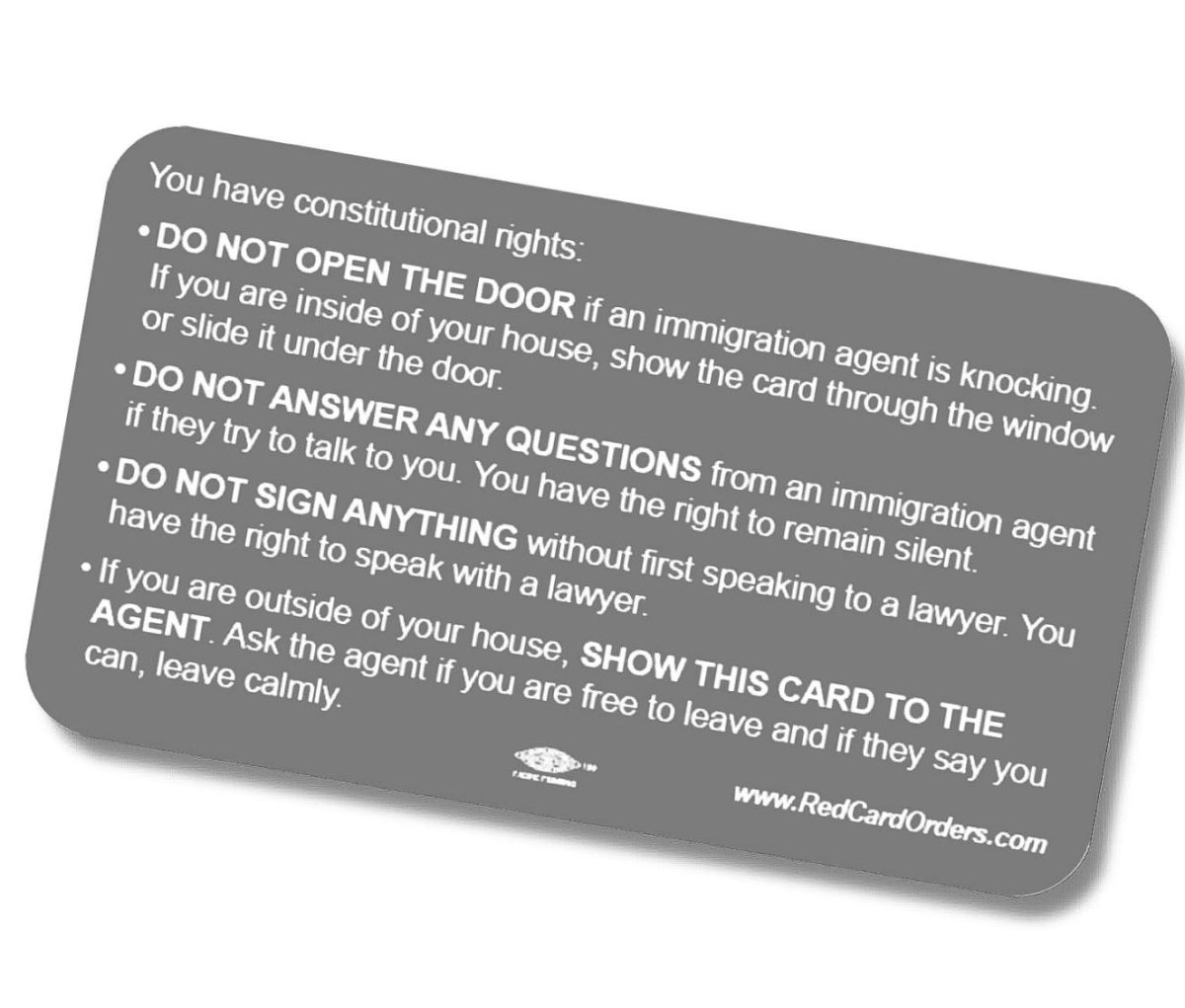
By HARRIET RAMOS
@HarrietRamosETC
The Deferred Action for Childhood Arrivals program is in limbo again after the Department of Homeland Security issued a memo on July 28 stating DACA would be reevaluated.
All new DACA applications would be rejected and renewals for existing applicants would be shortened from two years to one.
“I have concluded that the DACA policy, at a minimum, presents serious policy concerns that may warrant its full rescission,” Chad Wolf, the acting secretary of DHS said in the memo. “I am … making certain immediate changes to the DACA policy to mitigate my enforcement policy concerns while I conduct a full and careful consideration of a full rescission.”
DACA provides work permits and protection from deportation to nearly 700,000 young people nationwide who were brought to the United States illegally as children. It does not grant permanent legal status.
Luis Gonzalez was a junior in high school the first time he felt the weight of being an undocumented immigrant.
Gonzalez’s lifelong dream was to be a journalist. When he applied for a summer internship at Fox 4 News, his application was accepted, and he advanced to the second round. Gonzalez was sure he would get the internship.
Then they asked for his Social Security number.
“That was like the first time that it really kind of struck me: There’s opportunities here and I’m not able to take them up because of my status,” he said. “Because of that lack of a nine-digit number.”
[READ MORE: ‘They’re afraid to go to the doctor sometimes’: Immigrants’ uncertainty increases during pandemic]
Gonzalez, who studied at Brookhaven in the summer of 2010, continued to experience closed doors in college. He graduated from Texas A&M with a bachelor’s degree in communication studies, but he couldn’t write for the student newspaper, The Battalion, because it was a paid position.
Once again, the lack of a Social Security number stood between him and his goals.
Then in 2012 President Barack Obama instituted DACA. After waiting about two years to make sure the program was legitimate, Gonzalez applied and was accepted.
“It opened up tons of possibilities,” he said. “I was finally able to get my driver’s license; I was able to start working legally. … That was like the biggest, most affirming thing, the fact that after all these years, all that effort was finally coming full circle.”
Instead of journalism, Gonzalez chose the legal field. Today the 32-year-old native of San Luis Potosí, Mexico, works as a paralegal with RAICES, a non-profit organization that provides free or low-cost legal services to immigrants and refugees. He said he wants to help those caught in an “unjust, outdated immigration system.”
Obama established DACA by executive order without the authorization of Congress after repeated attempts to pass the Development, Relief and Education for Alien Minors Act failed. It has generated a lot of controversy among lawmakers, particularly Republicans, and President Donald Trump has been trying to end the program since he took office in 2017.
On June 18, the Supreme Court ruled against the Trump administration, saying its justification for ending DACA was “arbitrary and capricious.” Though it was an apparent win for DACA, the language the justices used implied Trump could end DACA; he just hadn’t gone about it the right way.
Gonzalez said the court’s decision was like giving Trump a blueprint on how to properly end the program the next time around.
Obed Manuel, who covers immigration for the Dallas Morning News, said he saw the initial excitement in the DACA community over the Supreme Court’s decision wane over the following weeks.
“Now they’re very much tied up in ‘Well, what’s going to happen? … Do we have to gear up for another fight again?’” he said. “That’s really how it’s looking. Their joy was short-lived.”
[READ MORE: Reversed ICE order ‘relief’ for international students]
The U.S. Citizenship and Immigration Services hasn’t accepted new DACA applications since Sept. 5, 2017, but after a July 17 ruling by a federal judge who ordered DACA be reinstated “to its pre-September 5, 2017 status,” the immigrant community expected first-timers would be allowed to apply for the program.
Gonzalez said his office was gearing up to help first-time DACA applicants with their applications when DHS issued the memo.
“It’s a surprise, and at the same time it’s not,” he said. “I feel like as a community we’ve learned what to expect from this administration. It’s exhausting to get good news and then have the president undo all of that.”
It currently costs DACA recipients $495 for each renewal. Gonzalez said the extra cost of having to renew every year will be hard on a lot of applicants.
RAICES has a DACA fund, financed by donors, that is used to help offset the cost of renewal for DACA recipients. Gonzalez said the focus now is making sure people who can renew are doing it.
“We’re resilient,” he said. “We’re going to get through whatever’s thrown at us and we’re not going to take these attacks and we’re not going to take these efforts to really continue to criminalize us and throw us under the bus, if you will, by this administration or by any politician.”
https://eastfieldnews.com/2020/06/14/change-has-to-happen-protests-to-end-police-brutality-erupt-in-america-following-death-of-george-floyd/








